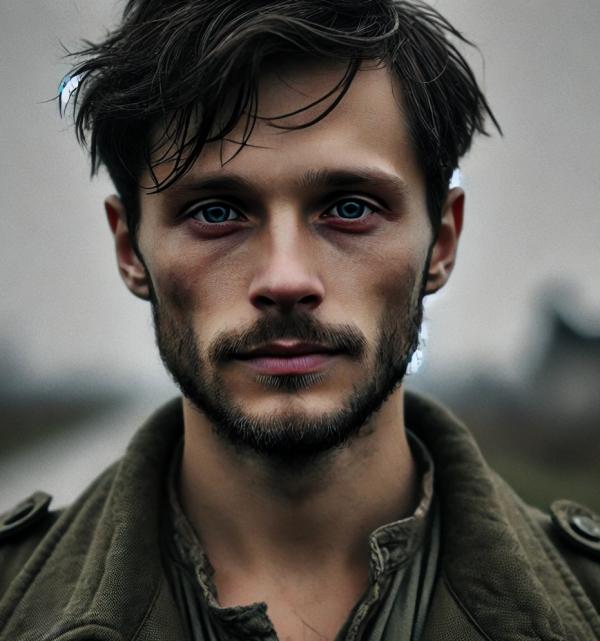| | No one, in good conscience, should or can paint a rosy picture of war. Yet, war grows bloody roses wherever conscience fails.
In the grey mist of an autumn morning, Volodymyr huddled in the basement of his family's home in Kharkiv. Every day, the sounds of missiles, gunfire, and not-so-distant explosions reminded him of how far his country had fallen from peace.

Volodymyr, like many Ukrainians, had once hoped the conflict would begin to end by now — preferably with Russia faltering under the strain of war, as it had in Afghanistan and Chechnya. He had studied those historical failures while in college. But he wasn't so sure at the moment — as a wounded soldier on convalescence leave in his hometown. From what he had learned, Russia was still digging in its heels, counting on the victory of isolationism in America's upcoming elections.
Meanwhile, there were signs of cracks in the iron will that Putin had projected. Ukrainians were mounting a counteroffensive again, this time beating Russians on Russian soil in the Kursk Oblast. Success bred success. The West promised and delivered more advanced weapons when the tide finally turned against Moscow.
Sitting up in his bed, Volodymyr was re-reading Leo Tolstoy's War and Peace. He paused at this classic line penned by the greatest Russian novelist: "History... had been about finding evil and attempting to destroy it." Then he read on: "But in the process of destroying evil, we become the very thing we are seeking to destroy."
"We become the very thing we are seeking to destroy?" Volodymyr hoped not, prayed not.
Written & illustrated by renqiulan
|
